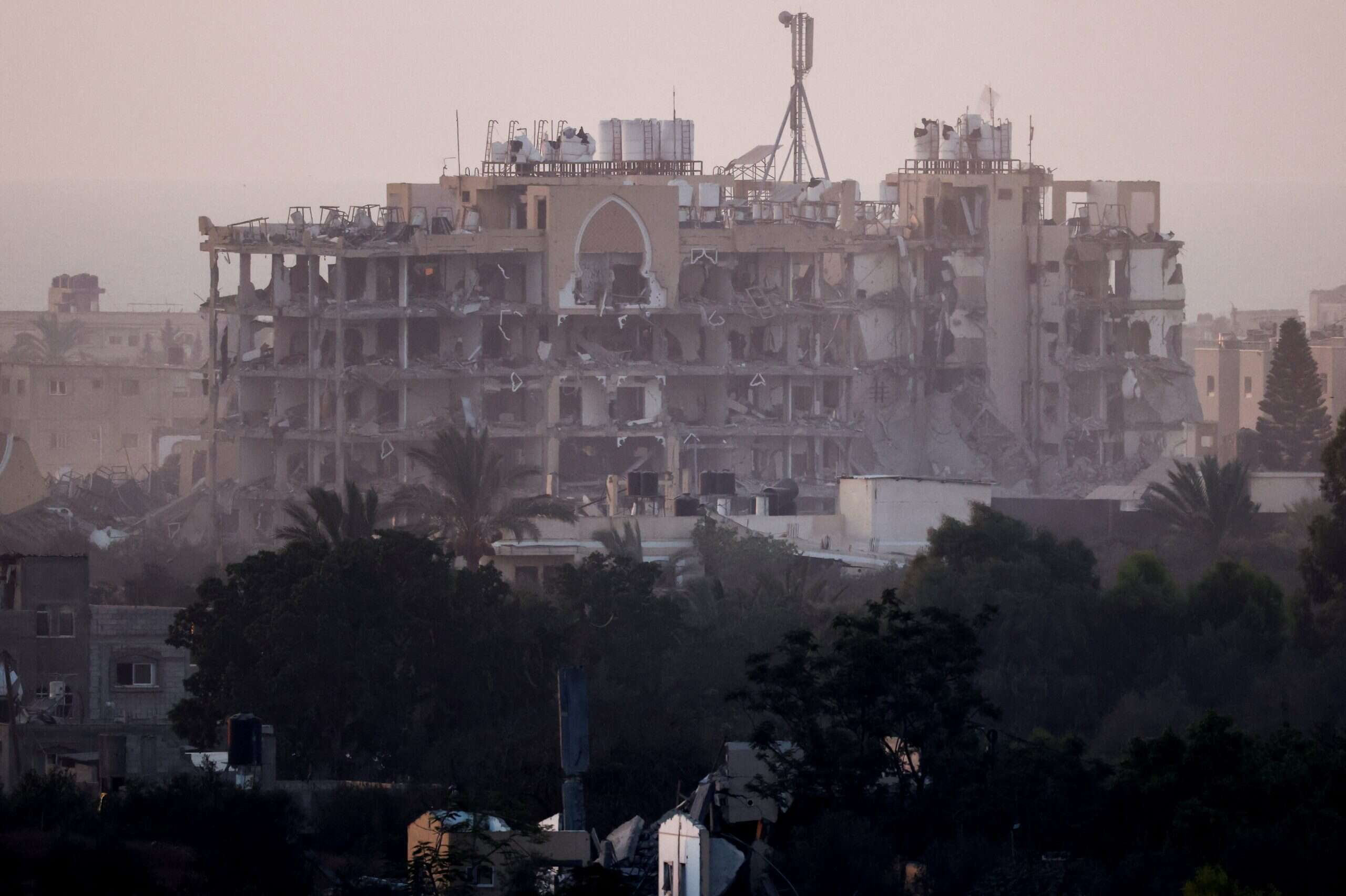The good news is that Liri Albag is alive. The less encouraging news is that Liri Albag was alive as of yesterday, when a video from her captivity emerged. Because in Gaza, any day and any minute could be the last for Liri and the other hostages. They could be murdered by Hamas, they could be killed in IDF strikes, or they could simply die – from hunger, disease, or worsening injuries.
The clear lesson from Liri's video is that she and the remaining hostages must be brought home. Yes, I know Hamas is waging psychological warfare against us. And yes, I know the words she spoke weren't her own, but were dictated to her by those who have held her captive for 457 days. But none of this changes the bottom line: Israel has no good alternative except a deal that will bring home as many hostages as possible.
Contrary to all logic, Hamas only grows stronger – in money, food and humanitarian supplies, in recruiting fighters – and this is happening because the state of Israel insists on making the same mistakes.

All other alternatives have been exhausted. Even if the stars align again and another operation becomes possible where additional hostages might be rescued, it still won't solve even a fraction of the problem. Because after one year and three months, we can state with certainty that military pressure has killed more hostages than it has returned alive. Anyone who claims otherwise isn't just manipulating data – they're throwing sand in the public's eyes and prolonging the families' suffering.
The rule of thumb in prisoner release negotiations is that you pay the lowest price at the beginning. As time passes, the price only goes up. This has held true in every hostage deal Israel has made in recent decades. Unfortunately, in each case, there were those in Israel whose ego overpowered their reason, leading the hostages, their families, and the public down a path of suffering that ended in the foreseeable outcome. And when it didn't end that way, as in Ron Arad's case, Israel lost the hostage and continued chasing the wind forever.
This rule applies in Gaza too. The deal that Israel could (and should) have made last May was rejected for political considerations, wrapped in security mumbo-jumbo that changed according to need and hour: sometimes the Philadelphia Corridor, sometimes lists, sometimes insistence on continuing the war. Each round of negotiations had its excuse, each round ended with the same painful bottom line, with the only variable being the decreasing number of hostages still alive.
Anyone expecting Hamas to change is wrong and misleading others. Anyone expecting them to surrender to pressure is wrong and misleading others. Anyone saying recent weeks have been bad for Hamas is wrong and misleading others. Against all logic, Hamas only grows stronger – in money, food and humanitarian supplies, in recruiting fighters – and this is happening because Israel insists on making two mistakes: first, by not advancing the one thing that truly threatens Hamas – alternative governance in Gaza; and second, by not bringing the hostages home.
Israel isn't advancing these two moves because coalition survival takes precedence over the hostages' lives. Itamar Ben-Gvir and Bezalel Smotrich care more about promoting a messianic vision of renewed settlement in Gaza than Liri's life, and they have Prime Minister Benjamin Netanyahu in a sensitive position. Netanyahu has the daily option to choose differently: to change the government's composition, replace the extreme Right with parties representing broader consensus (Mansour Abbas even promised yesterday a security net), bring the hostages home, advance regional peace, stabilize the economy, resolve the draft crisis and return Israel to a sane path. Unfortunately, Netanyahu chose to act in another direction.
Hamas reads the map well and exploits it fully. The videos are meant to play with our heads and gut feelings, alongside the rocket launches that have greatly accelerated in recent days, aiming to instill renewed fear in the hearts of border residents and a sense that the war hasn't really achieved its goals. This is a transparent trap, designed to draw the IDF deeper into fighting in Gaza (and perhaps, God forbid, accidentally kill more hostages), then bring more international pressure on Israel and bring more aid to Gaza that will only strengthen Hamas.
To escape this path, whose end is also foreseeable, Israel must stop running from a decision. The deal's framework is known, and all that remains is to act. As the government that abandoned the hostages on October 7, it bears the highest moral obligation to bring them home. Anyone who saw Liri yesterday – the lifeless eyes, the trembling hands – understands there is no more time.




